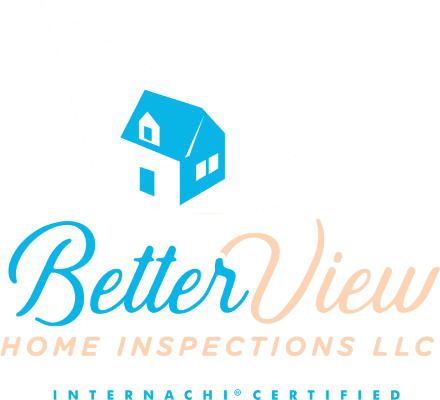Additional Services
Wind Mitigation Inspection
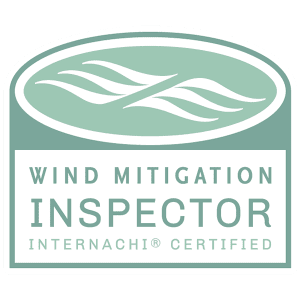
Wind mitigation is the implementation of certain building techniques in order to limit damage caused by intense wind. In Florida, the portion of a homeowner’s premium covering wind damage can be up to 70% of the total, depending on location.
Florida is prone to windstorm damage from hurricanes and has mandating incentives to mitigate damage due to wind allowing homeowners to benefit from reduced insurance premiums. Florida passed a law requiring insurance companies to offer their customers discounts and credits for existing building features and home improvements that reduce damage and loss from wind.
In order to qualify for this discount, homes must undergo a certified home wind inspection. Those with windstorm insurance can avoid a costly deductible. Deductibles for homes in hurricane-prone areas can exceed $20,000, meaning that mild to moderate wind damage might not be covered by insurance at all.
If proper wind mitigation techniques have been used, these expenses can be avoided. A Wind Mitigation Inspection verifies the construction details of your home and is used to qualify for discounts on your insurance premium. I encourage you to reach out to your insurance company to find out if the inspection qualifies you for a lower insurance premium. BetterView Home Inspections is certified to complete a Wind Mitigation Inspection for you.
This inspection will consist of the inspector looking for the following 8 key categories.
- Roof Covering
- Roof Sheathing Attachment
- Roof to Wall Attachment
- Roof Geometry
- Gable End Bracing
- Wall Construction
- Type of Secondary Water Barrier
- Opening Protection
Four Point Inspection
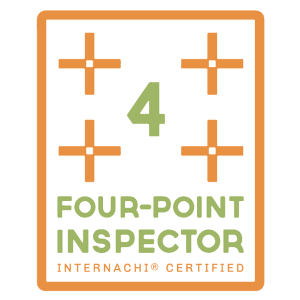
A “4-Point Inspection” focuses only on four main areas of interest in a home: HVAC (Heating, Ventilation and Air Conditioning) Electrical wiring and panels. Plumbing connections and fixtures.
4-Point Inspection is often a required Inspection in order to obtain (or maintain) insurance coverage when the home is 30 years or older. The inspection requirements were designed by insurance companies in order to get a better understanding of the structure they are insuring and to know the home has been well maintained, and the major systems are in good working condition.
This inspection must be conducted by a professional who has obtained a Florida-specific license. BetterView Home Inspections is certified to preform 4-Point Inspections and will handle all of the 4-Point insurance inspection paperwork so you don’t have to.
It is important to remember that this is a limited visual inspection and does not replace the home inspection.
Here is what a 4-point inspection looks at:

Roof Type of Roof Covering (shingles, tile, rolled)

Electrical System
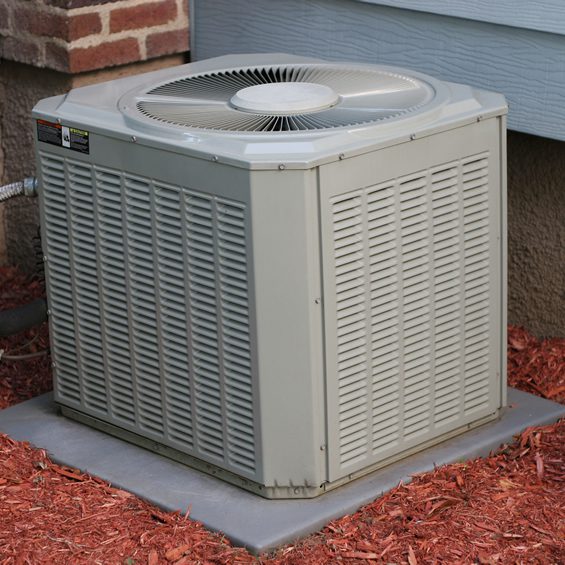
Heating and Cooling

Plumbing System
Residential Pool & Spa Inspections
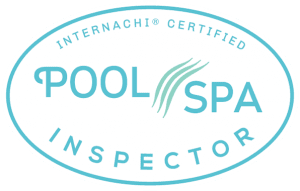
a non-invasive, visual examination of the accessible areas of a pool or spa (as delineated below) performed for a fee, which is designed to identify defects within specific systems and components defined by these Standards that are both observed and deemed material by the inspector. The scope of work may be modified by the Client and Inspector prior to the inspection process. The residential pool and spa inspection will not reveal every issue that exists or ever could exist, but only those material defects observed on the date of the inspection. The inspection will be inspected from ground level.
Note that this inspection is based on the observations made on the date of the inspection, and not a prediction of future conditions.
- the plumbing
- the filters
- the lights
- any adjoining structure as it relates to the pool or spa
- the valves
- the solar heating system
- the pumps and motors
- the electrical system
- the filtration system
- the pool heater, and
- the safety barriers.
The inspections will describe
- the type of swimming pool or spa
- details impacting the inspector’s ability to inspect the unit, including water clarity
- the condition of visible components or systems present in the unit
- the type of drain installed
- any readily accessible component with functional or material defects
- the type of filtration system, and
- the types of safety barriers.
11 Month Warranty Inspection
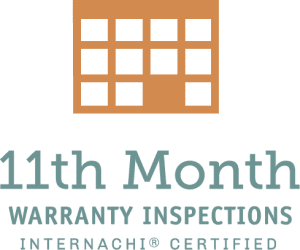
After a new home has been lived in for nearly a year, there can be signs of system or component malfunction, unusual wear and settlement which often go unnoticed by the homeowner. Unfortunately many defects or issues that would be covered by the builders 1 year warranty go undiscovered until it’s too late because few home owners are trained to know what and how to inspect for these potential defects. The end of warranty Inspection can be very beneficial to you as a homeowner. You want to know of any defects or potential hazards prior to the end of the home builder warranty. Schedule your inspection on the 11- month and I will complete the home Inspection providing you with an unbiased, accurate and comprehensive report clear and easy to read. The Builder will also receive a copy of the report so that both parties will have a better understanding of issues that may need attention before the warranty expires.
Note that this inspection is based on the observations made on the date of the inspection, and not a prediction of future conditions.
Condominium Inspections
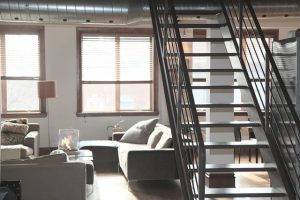
Since Condo/Townhouse buyers will only own the inside of the structure, our Interior only inspections do not include the evaluation of common areas or components controlled or maintained by an HOA including the roof, grounds & exterior cladding and mechanical devices.
Condo/Townhouse Inspection is a comprehensive evaluation of the building systems and components within a condominium unit. Common elements are not included in the inspection since they are covered by the technical audit performed by the condominium association and are a shared responsibility among all unit owners. The inspection includes major appliances as well as maintenance and service issues for the unit
